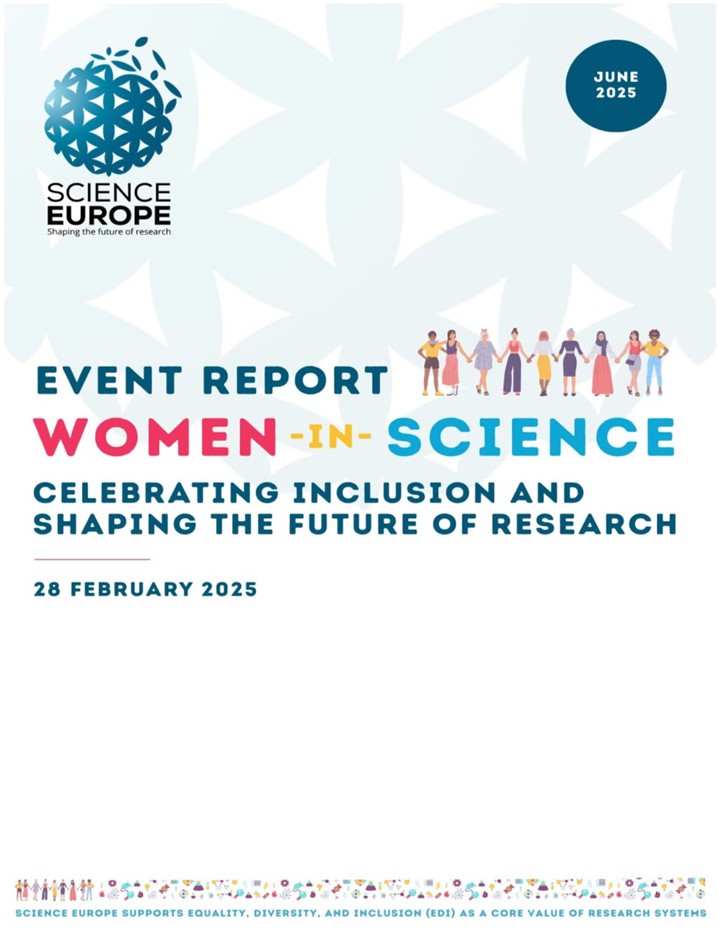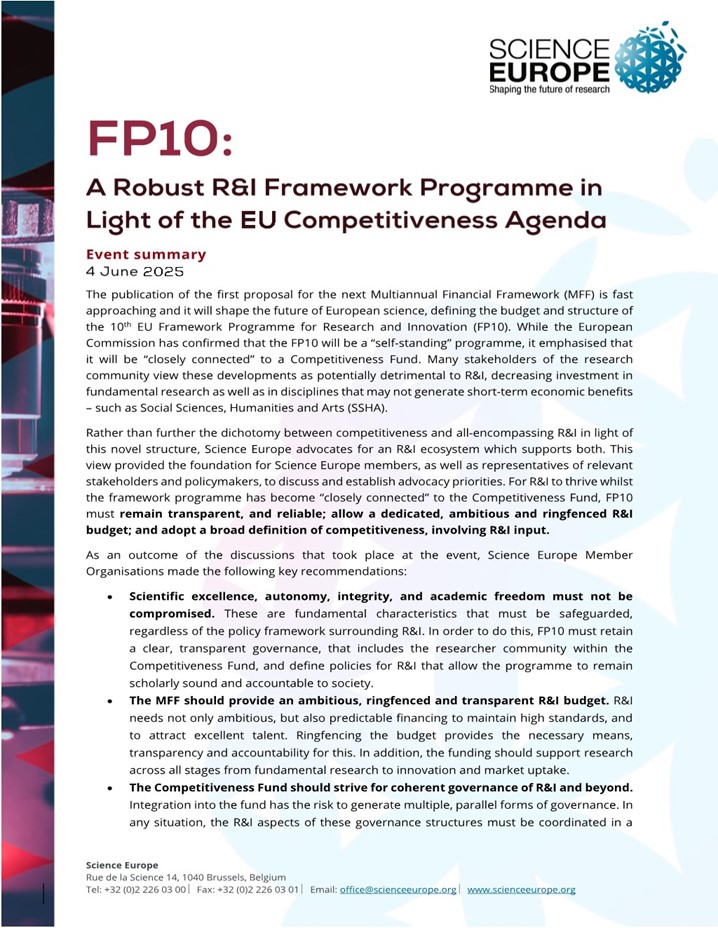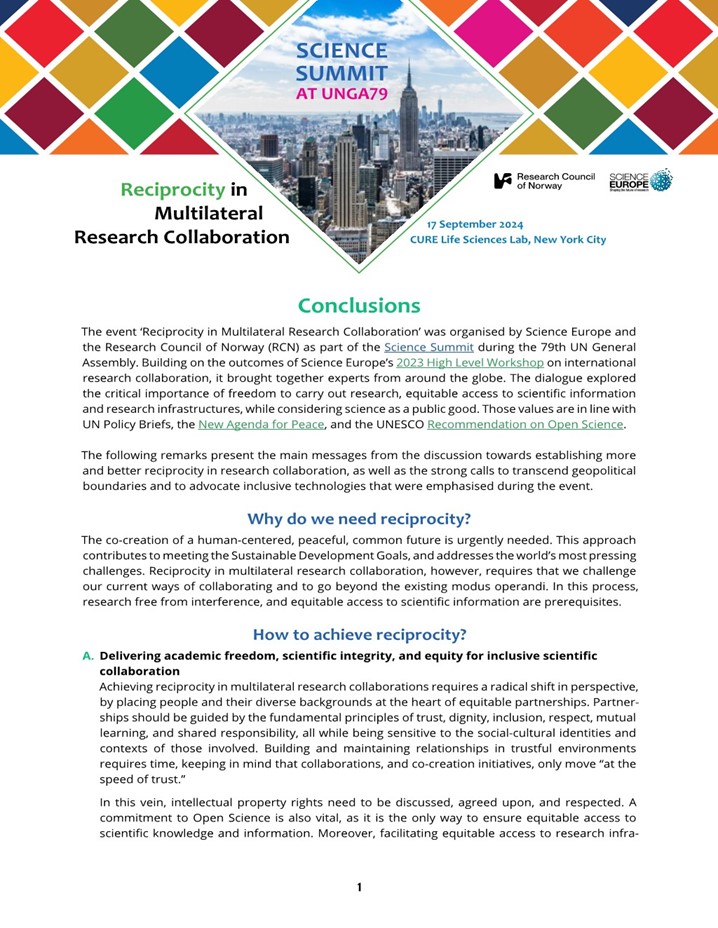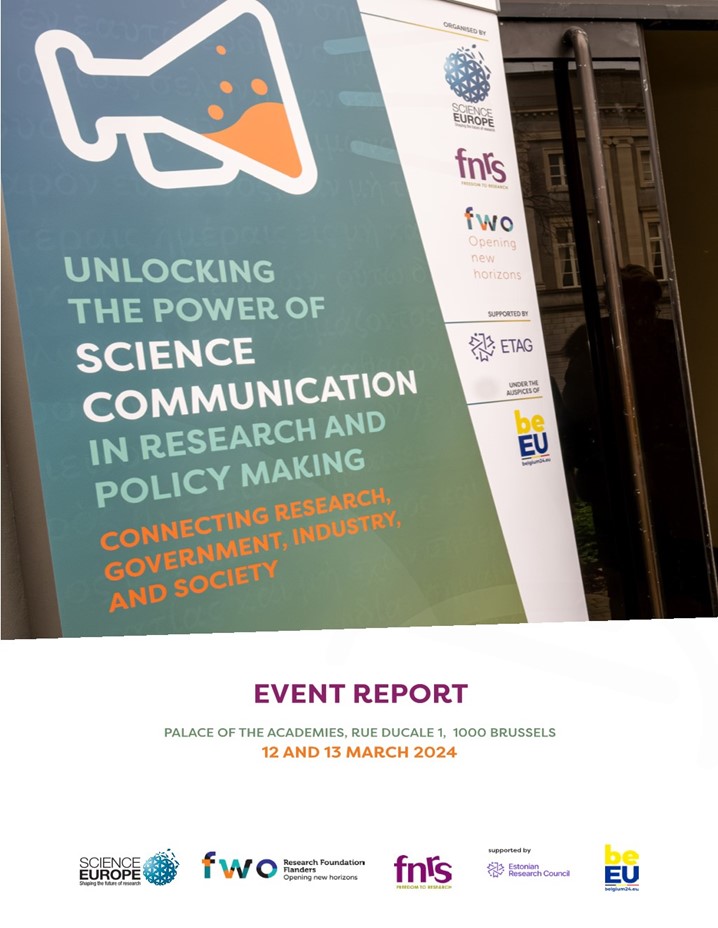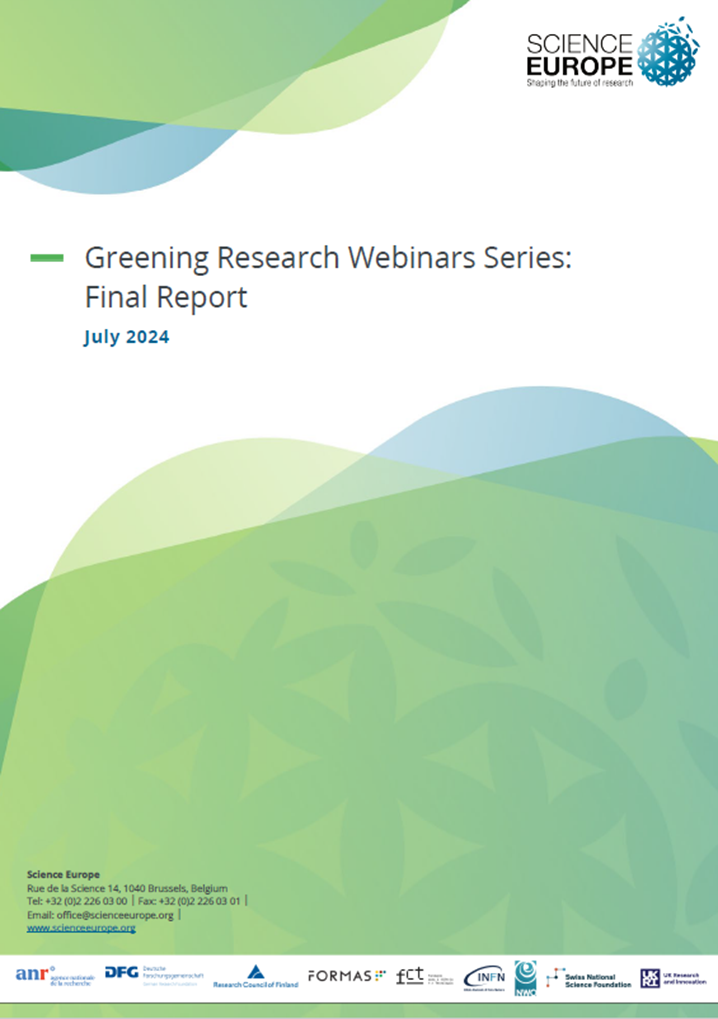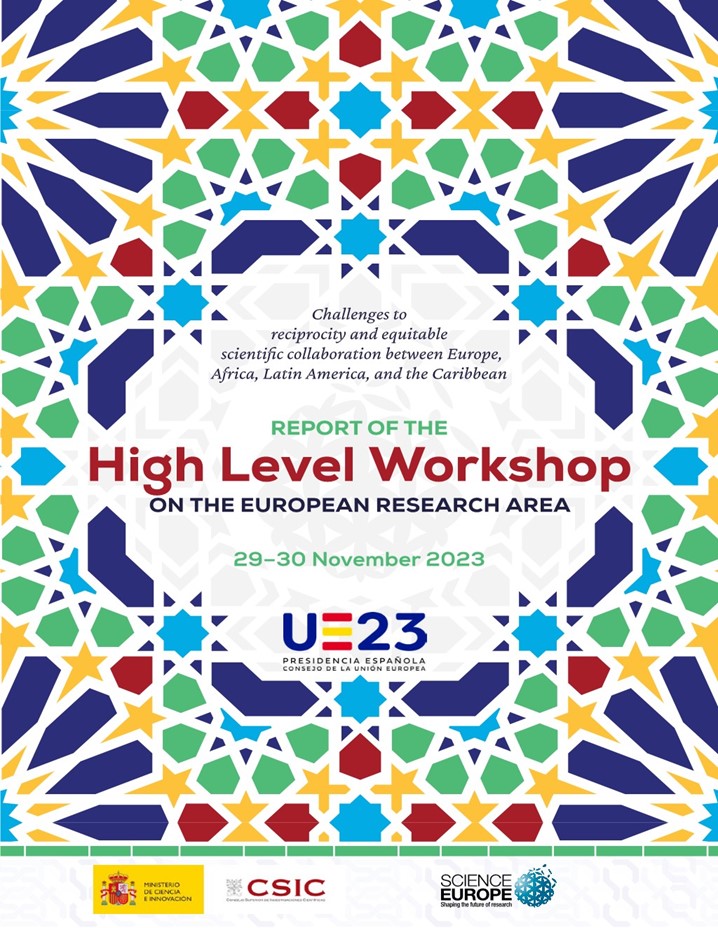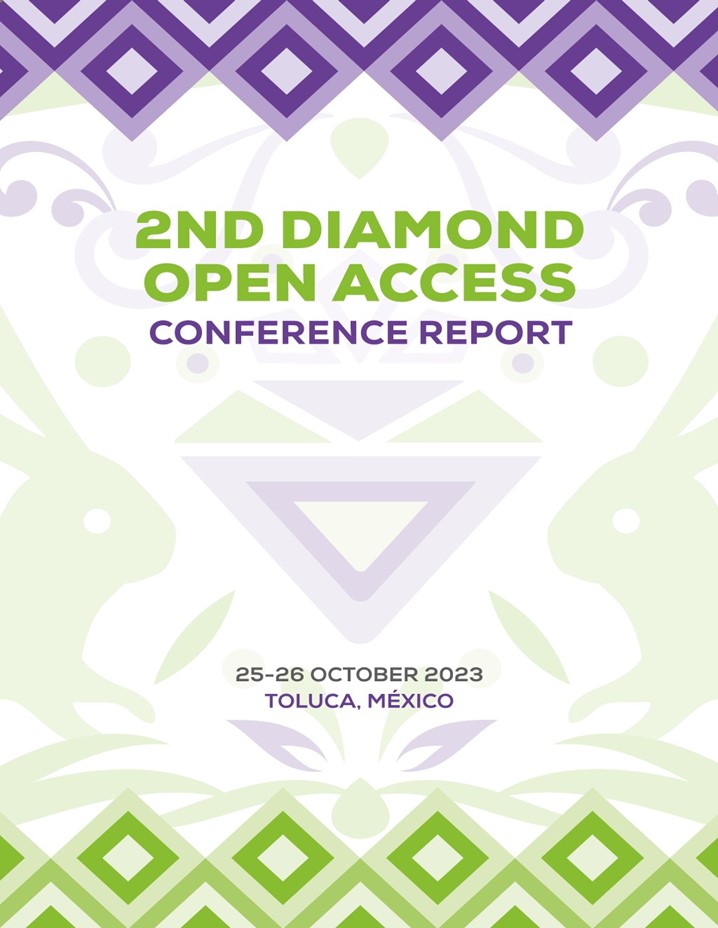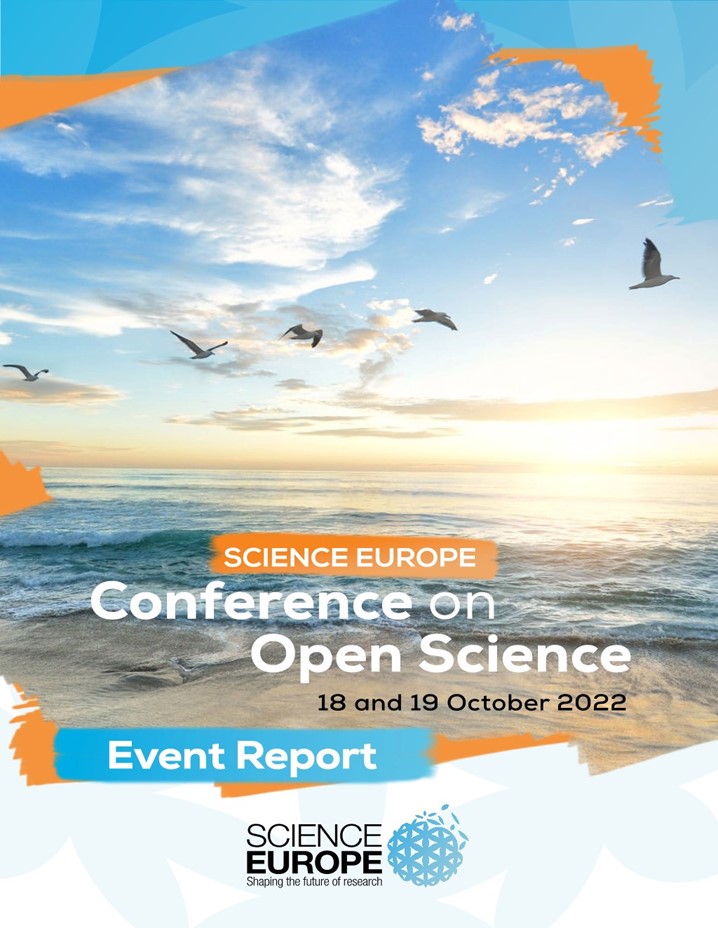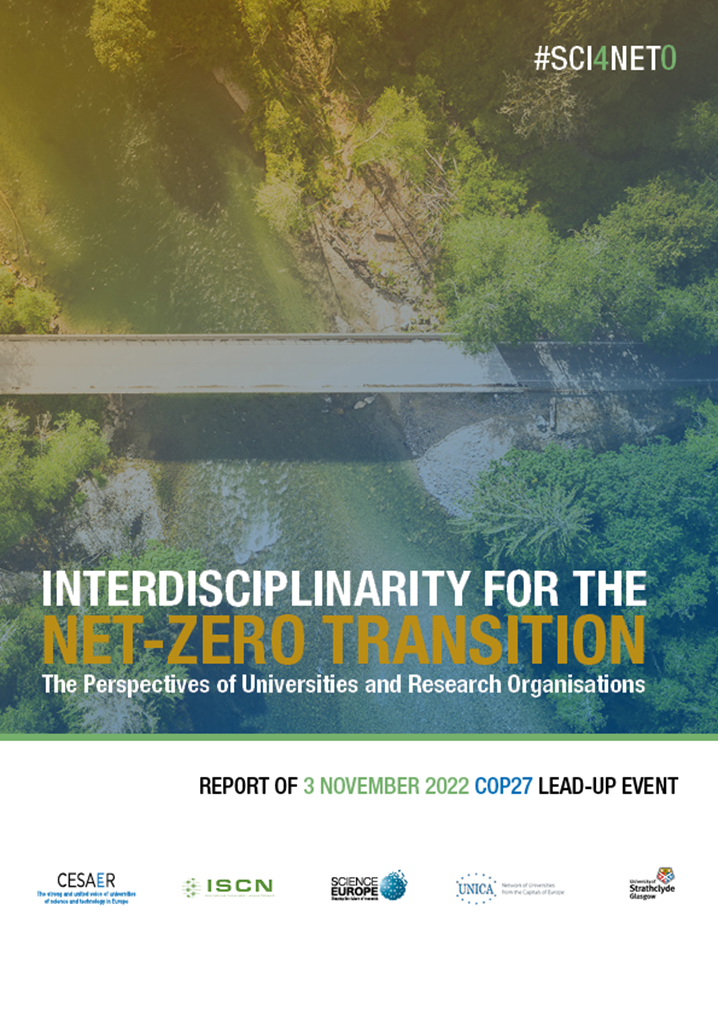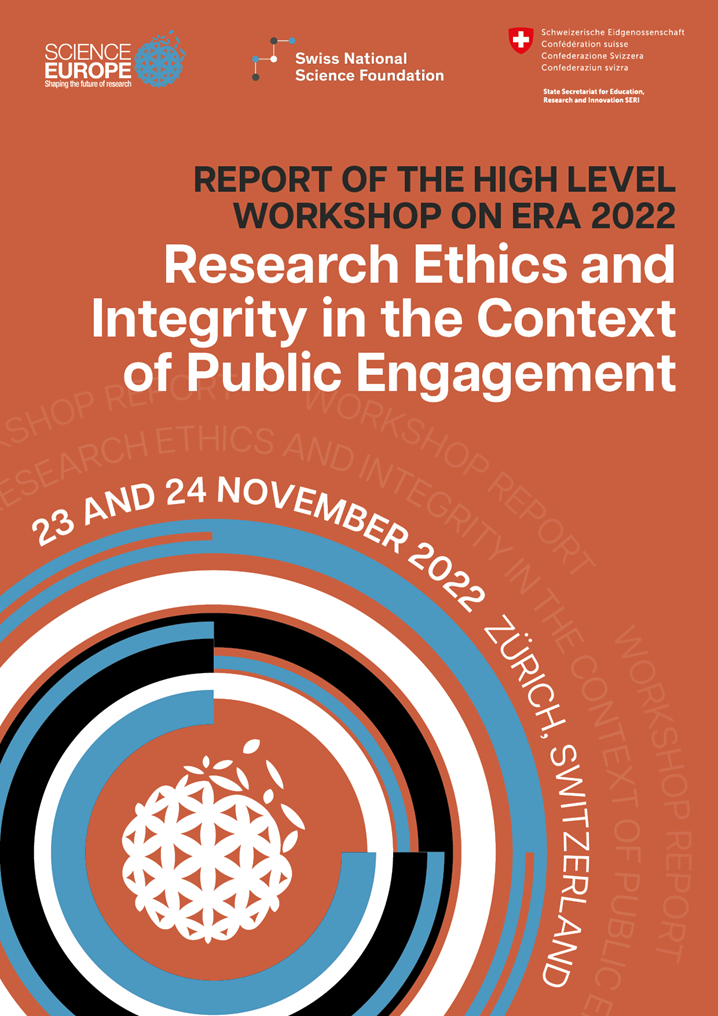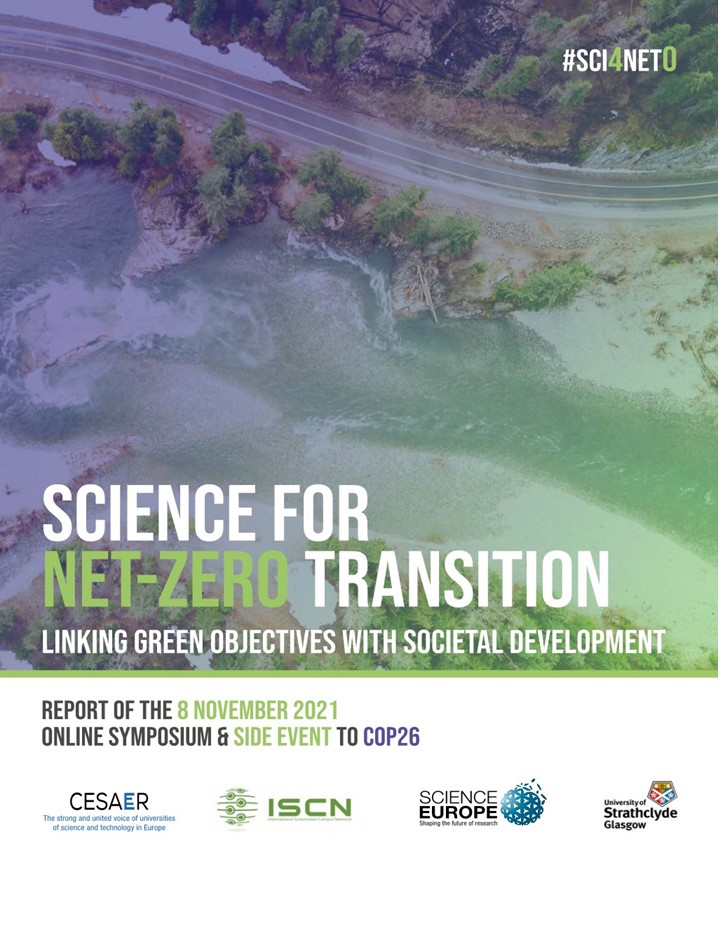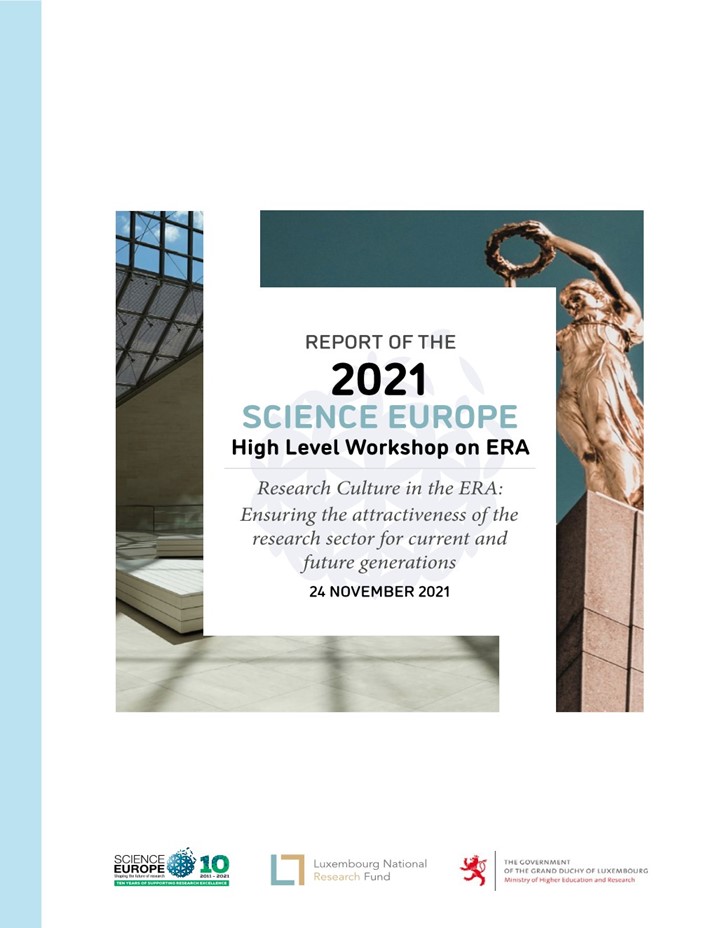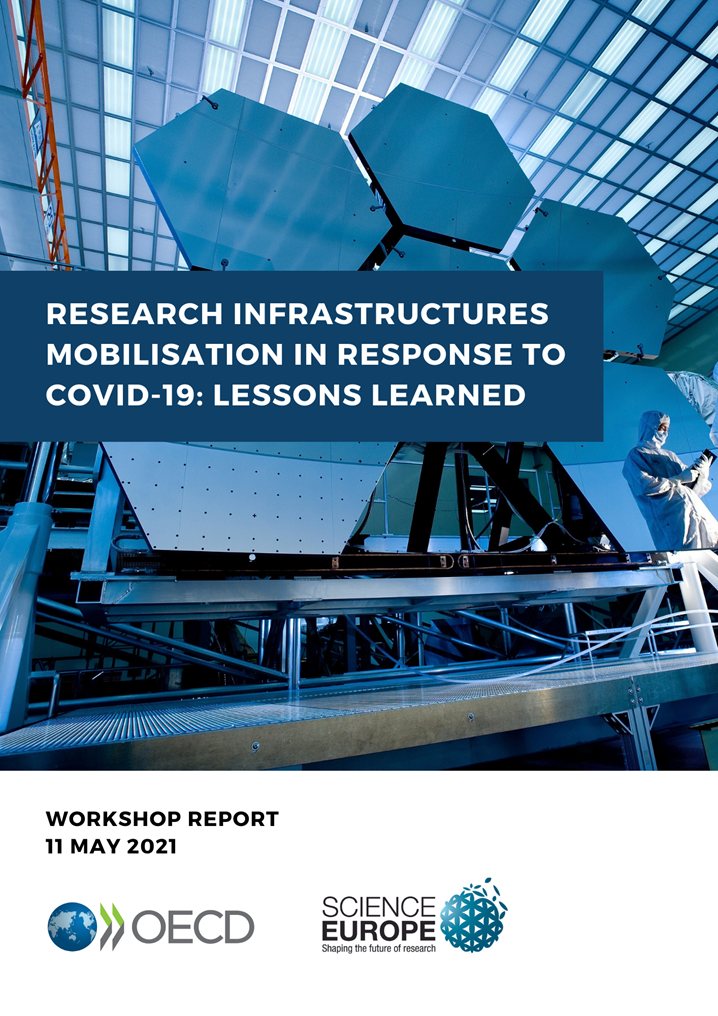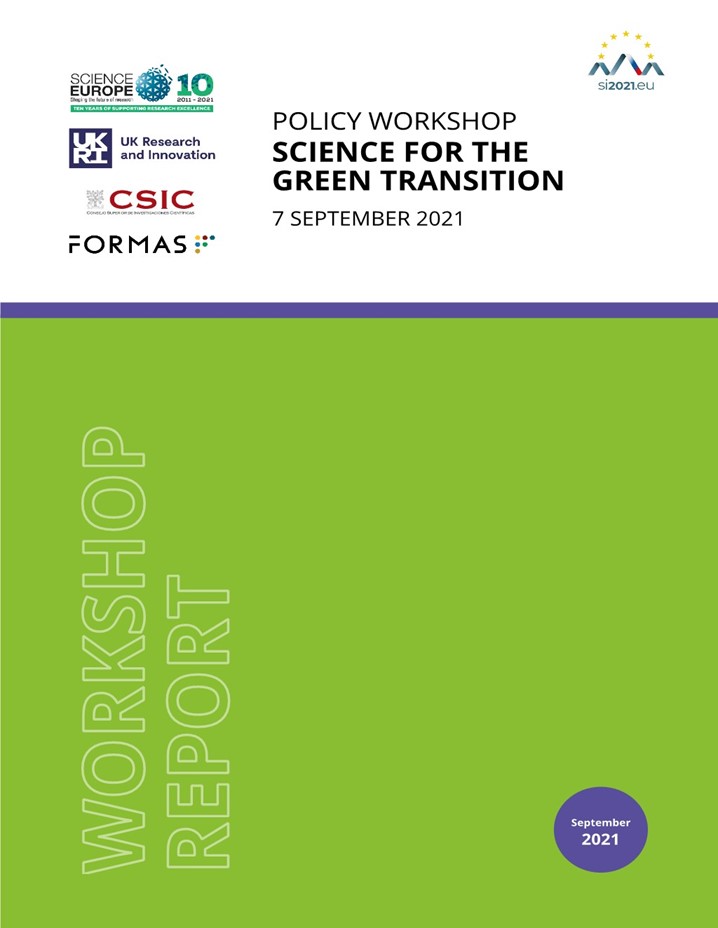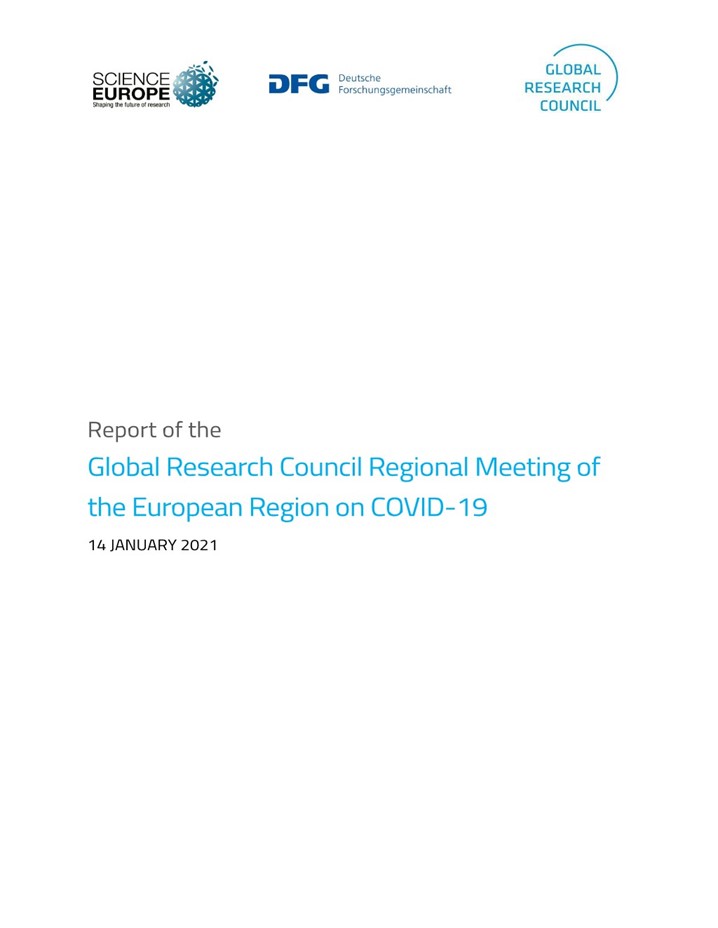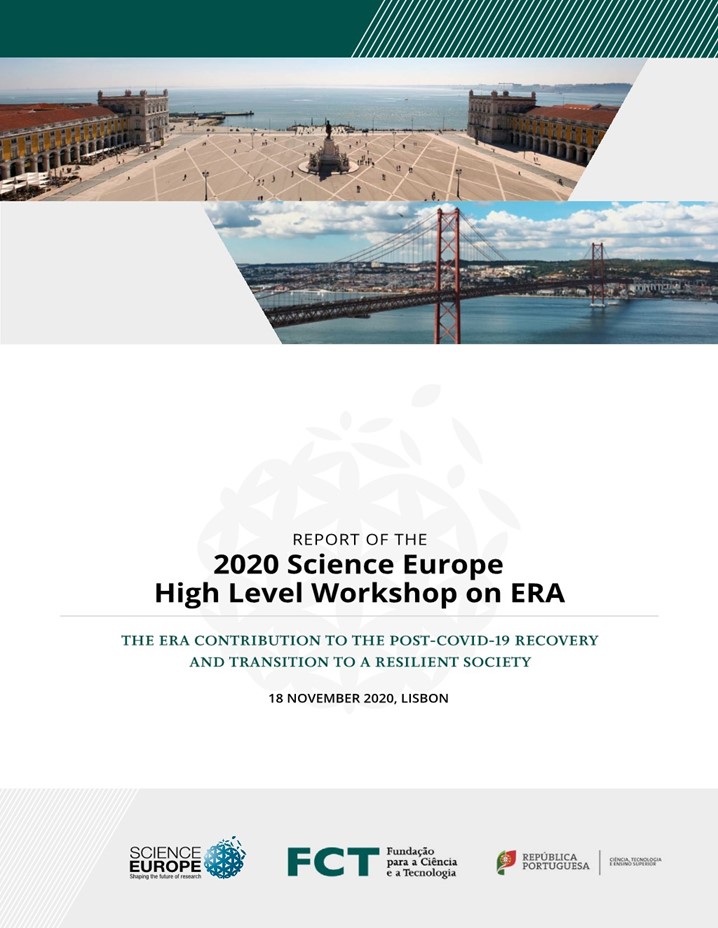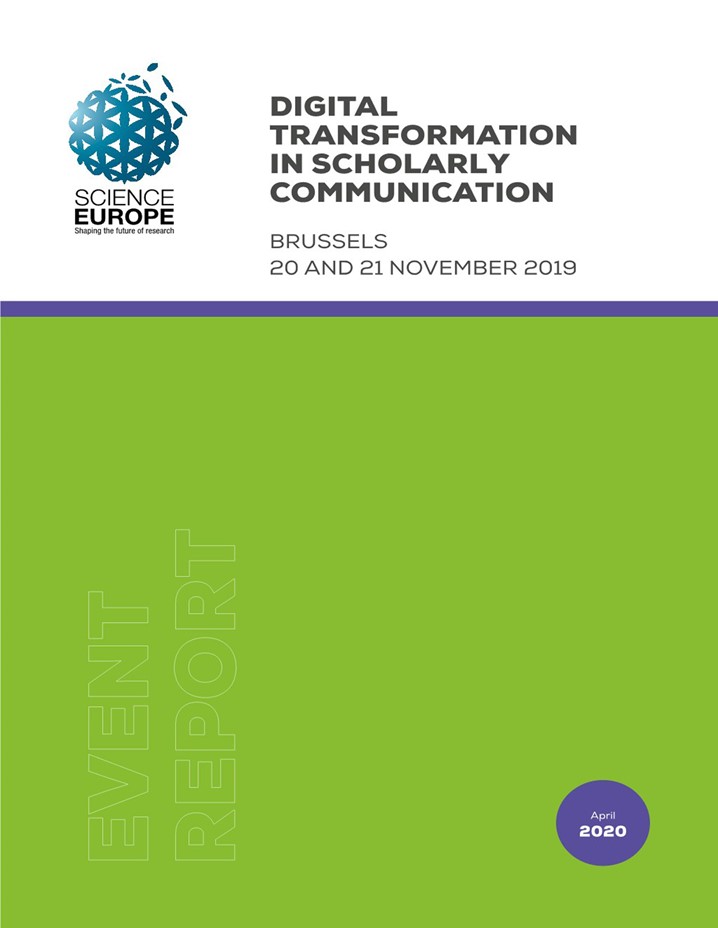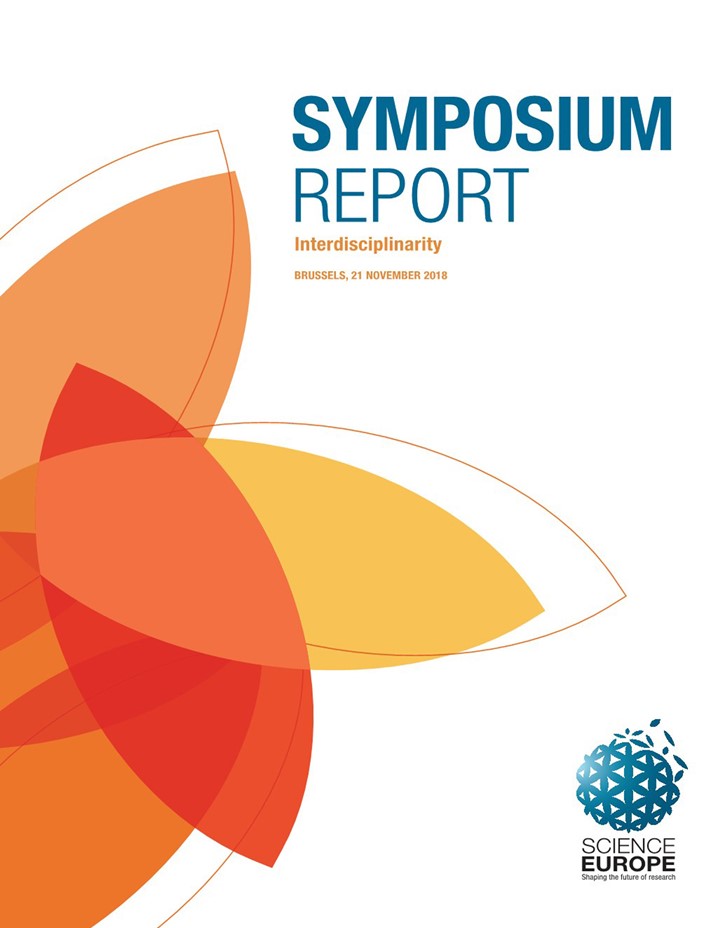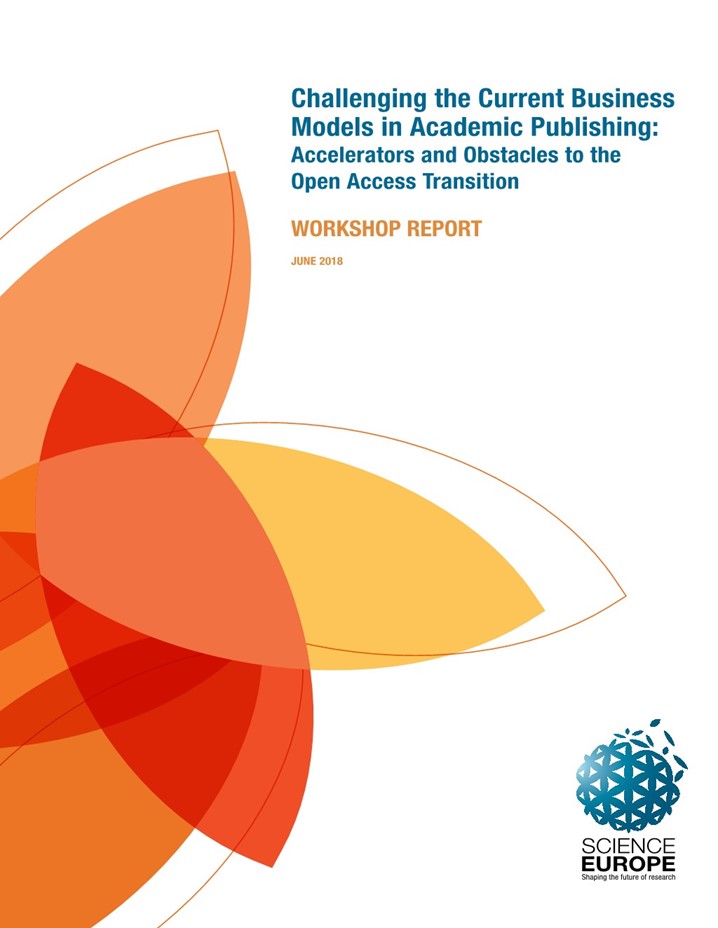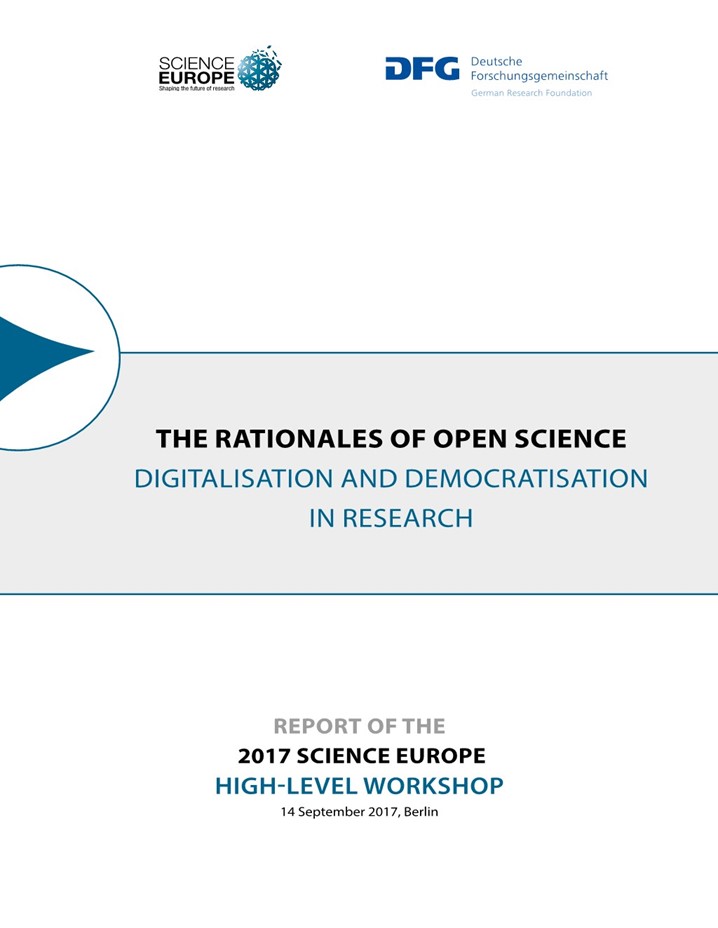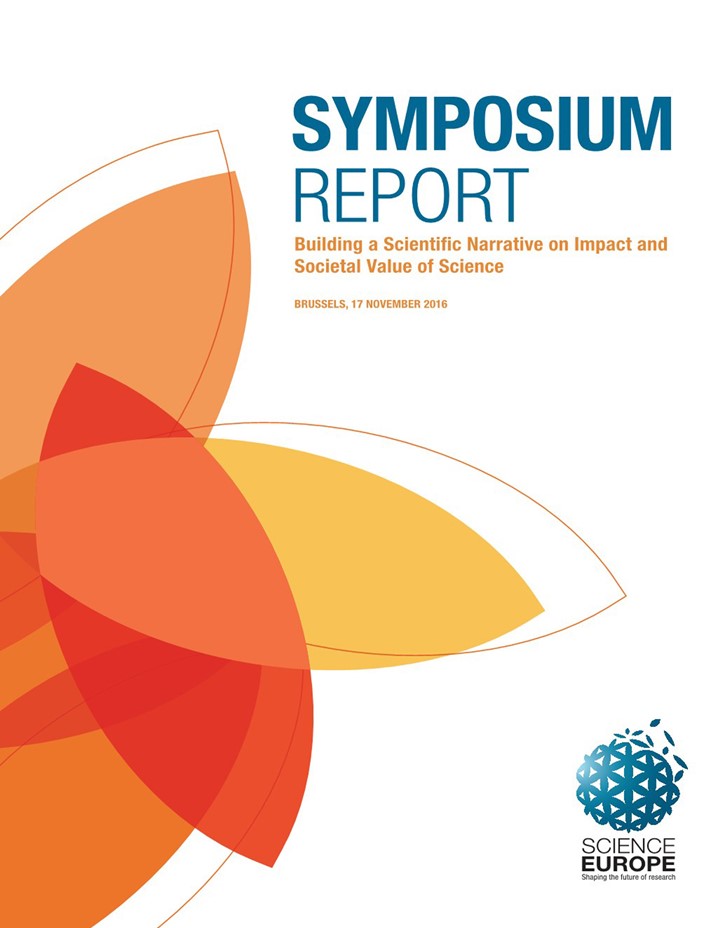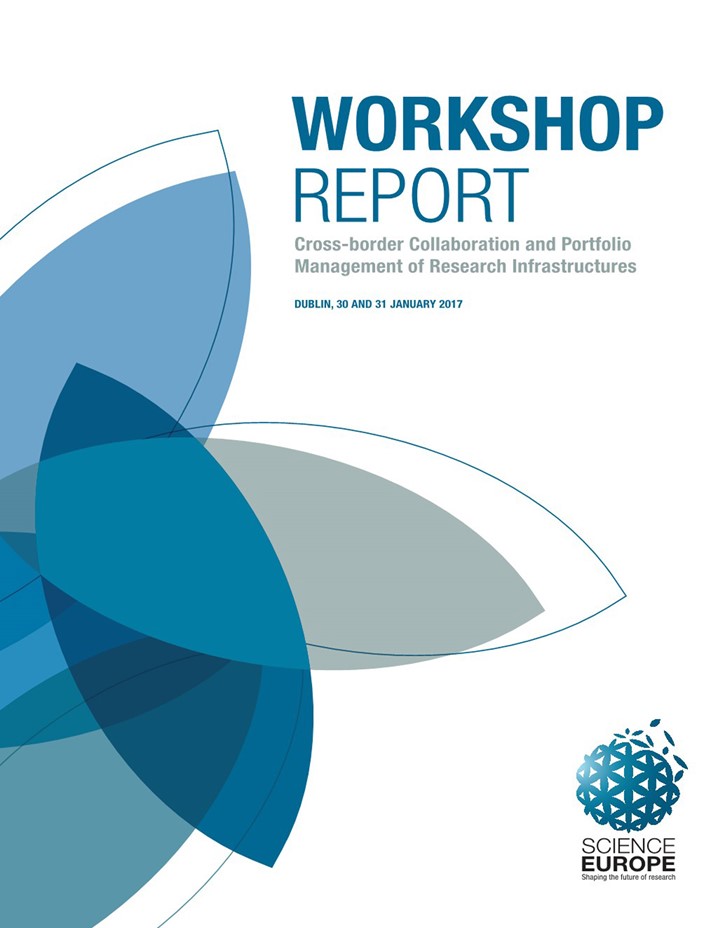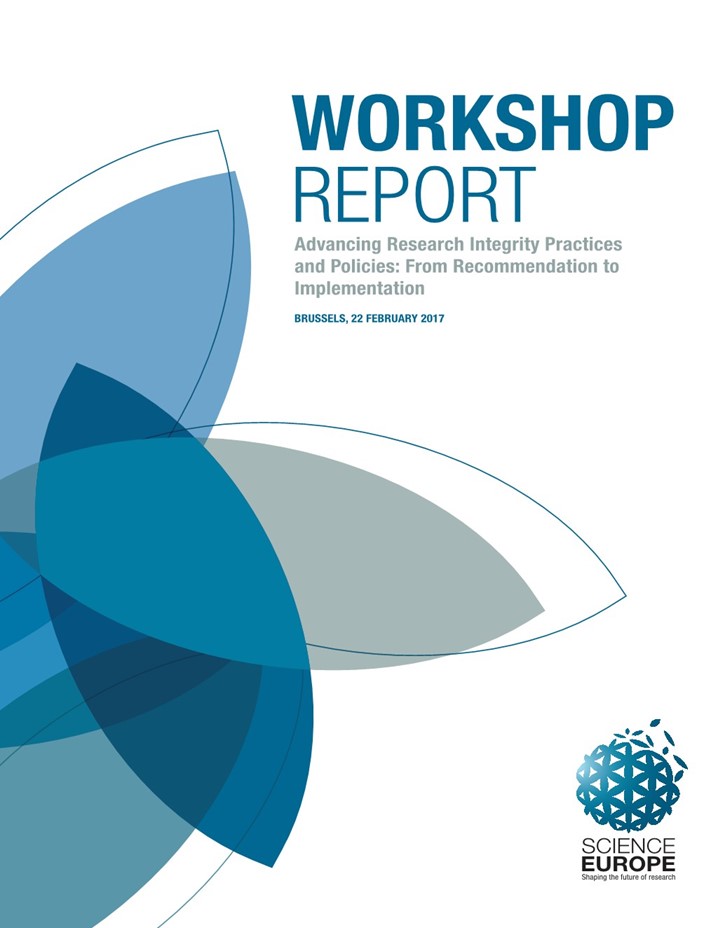Member-only content is available on this page. Please log in to view this content.

Our resources
Discover Science Europe’s comprehensive library of resources, including the most recent publications, briefings, and position statements.
34 resource(s) found
Women in Science - Celebrating Inclusion and Shaping the Future of Research
This report summarises the outcomes of the 28 February webinar 'Women in Science: Celebrating Inclusion and Shaping the Future of Research'. It highlights possible avenues for research funding and research performing organisations to improve working environments by addressing equality, diversity, and inclusion.
Event Summary of FP10: A Robust R&I Framework Programme in Light of the EU Competitiveness Agenda
The second workshop on FP10 addressed the position of the upcoming Framework Programme for R&I in the Multiannual Financial Framework and its relation to the proposed Competitiveness Fund. The summary highlights concerns about prioritising short-term economic gain over fundamental research and SSHA disciplines.
Attractive Careers in Research: the Expectations & Roles of Different Stakeholder Groups
This report summarises the key messages and perspectives collected during a two-part workshop exploring the common and different expectations for careers in research by various stakeholder groups.
Report of the 2024 High Level Workshop on the ERA
This report presents a summary of the dialogue sessions and main conclusions of the 2024 High Level Workshop that took place in Budapest on 19 and 20 November. The event was organised by Science Europe in partnership with the Hungarian Research Network (HUN-REN) and the Hungarian Academy of Sciences (MTA), under the auspices of the Hungarian Presidency of the Council of the European Union.
Conclusions of Reciprocity in Multilateral Research Collaboration event
Science Europe and RCN organised an event on reciprocity in international research collaboration to explore the critical importance of academic freedom, equitable access to scientific information and infrastructures. The conclusions highlight the need for a human-centered approach and the value of diverse knowledge systems.
Report of High-level Conference 'Unlocking the Power of Science Communication in Research and Policy Making'
This report summarises the High-level Conference on Science Communication organised by Science Europe, FWO, and FNRS. The event emphasised the role of science communication, the importance of integrating it into research programmes and policies, and providing support for those engaging in it.
Greening Research Webinars Series: Final Report
This report summarises the main lessons learned from three webinars on greening research and proposes key messages for the next steps. A summary of each webinar's contents is presented; common lessons and key messages from the whole series are jointly discussed in the final section.
Report of the 2023 High Level Workshop on the ERA
This report presents the discussions and outcomes of the main and satellite events held as part of the 2023 High Level Workshop on the ERA. This edition of the event dealt with international scientific collaboration between Europe, Africa, Latin America, and the Caribbean, based on principles of reciprocity and equity.
Report of the 2nd Diamond Open Access Conference
The event report of the second Diamond Open Access Conference (25–26 October 2023, Toluca, México), showcases good practices and policies for Diamond Open Access from across the world. The conference focused on the key features of infrastructure, policy development, governance, research evaluation and recognition, and sustainability.
Science Europe Conference Report on Open Science
This report highlights the main ideas and insights that emerged from the 18 and 19 October 2022 Conference on Open Science, organised by Science Europe.
Interdisciplinarity for the Net-Zero Transition: the Perspectives of Universities and Research Organisations
This report presents the actions that universities and research organisations are taking to address the climate crisis and the challenges they face. These were presented at the symposium 'Interdisciplinarity for the Net-Zero Transition' of 3 November 2022, in the lead-up to COP27.
Report of the 2022 High Level Workshop on ERA: Research Ethics and Integrity in the Context of Public Engagement
The 2022 High Level Workshop on the ERA dealt with the topic of research ethics and integrity when engaging with various public audiences.
Report of Symposium on Science for Net-Zero Transition: Linking Green Objectives with Societal Development
Report of the 8 November 2021 Symposium 'Science for Net-Zero Transition', co-organised by CESAER, the International Sustainable Campus Network, Science Europe, and the University of Strathclyde, as a side-event to COP26.
Report of the 2021 High Level Workshop on ERA: Research Culture in the ERA
The 2021 High Level Workshop on the European Research Area dealt with the topic of research culture and how to keep the research sector attractive for current and future generations of researchers.
Research Infrastructures mobilisation in response to COVID-19: lessons learned
This report provides a summary of the virtual workshop organised by OECD Global Science Forum and Science Europe in May 2021 and set up as a satellite event of the International Conference on Research Infrastructures (ICRI 2021).
Science for the Green Transition
Report of the 7 September Science Europe Policy Workshop 'Science for the Green Transition', co-organised with CSIC, FORMAS, and UKRI. The goal was to study the roles and contributions of research organisations and governments to the green transition.
Report of the GRC Regional Meeting of the European Region on COVID-19
The outbreak of a new type of Coronavirus (SARS-CoV-2) delayed the organisation and hosting of all GRC meetings in 2020. On 14 January 2021, Science Europe and the German Research Foundation (DFG) co-hosted the 2020 regional meeting for the European region on COVID-19.
Report of the 2020 High Level Workshop on ERA: The ERA Contribution to the post-COVID-19 Recovery and Transition to a Resilient Society
The 2020 edition of the Science Europe High Level Workshop on ERA was co-hosted with the Foundation for Science and Technology and the Portuguese Ministry of Science, Technology, and Higher Education. It explored how research and innovation can contribute to crisis recovery and to societal resilience in the context of an evolving research culture.
Workshop Report on Digital Transformation in Scholarly Communication
The 20 and 21 November 2019 Science Europe Workshop on Digital Transformation in Scholarly Communication explored how new possibilities and technologies provided by the digital transformation can impact the future of the scholarly publication process.
Science Europe Symposium on Interdisciplinarity
Interdisciplinarity is increasingly used to tackle complex scientific questions and address large societal challenges. At the same time, the evaluation of interdisciplinary research proposals poses a set of problems, ranging from missing common standards and criteria to shortages of peer reviewers with experience in evaluating interdisciplinary research. At its third Symposium, Science Europe and its Scientific Advisory Committee brought together researchers and other experts experienced in interdisciplinarity with high-level representatives from Science Europe’s Member Organisations, who fund and perform such research.
Challenging the Current Business Models in Academic Publishing: Accelerators and Obstacles to the Open Access Transition
‘Big Deals’ are one of the dominant but highly-disputed business models in academic publishing. The model needs to be further analysed before it can be used as an instrument to implement and increase Open Access. This workshop was as organised to trigger further expert discussions on the current business models and consider the available alternatives.
The Rationales of Open Science: Digitalisation and Democratisation in Research
How can citizens best be involved in the scientific process, and how ‘Open’ can we make science? How do we ensure that the highest standards in scientific research are maintained in such a system? This report provides an overview of the main discussions at the 2017 Science Europe High-level Workshop hosted in Berlin by the German Research Foundation (DFG).
Building a Scientific Narrative on Impact and Societal Value of Science
Fundamental science and curiosity-driven research are key drivers of change for their intrinsic value and long-term unexpected impact. However, many other aspects are also important such as challenge oriented research and co-creation of knowledge. This report captures key discussions from Science Europe’s first Symposium on impact and includes four case studies illustrating the unexpected impact of research on subjects ranging from privacy to nano-encapsulation.
Cross-border Collaboration and Portfolio Management of Research Infrastructures
This report explores the challenges facing research funding and performing organisations to design and manage balanced Research Infrastructure (RI) portfolios and design effective cross-border collaborations when setting up and running joint RIs. Discussions with a broad range of stakeholders took place at a dedicated workshop co-hosted by Science Foundation Ireland and the Health Research Board.
Advancing Research Integrity Practices and Policies: From Recommendation to Implementation
This workshop aimed to advance implementation of the recommendations published in Science Europe’s Survey Report ‘Research Integrity Practices in Science Europe Member Organisations.’ The workshop explored the challenges in taking forward certain recommendations through the discussion of case studies presented by organisations that have already tackled some of the more difficult issues.

